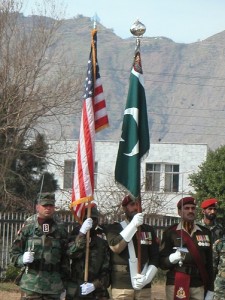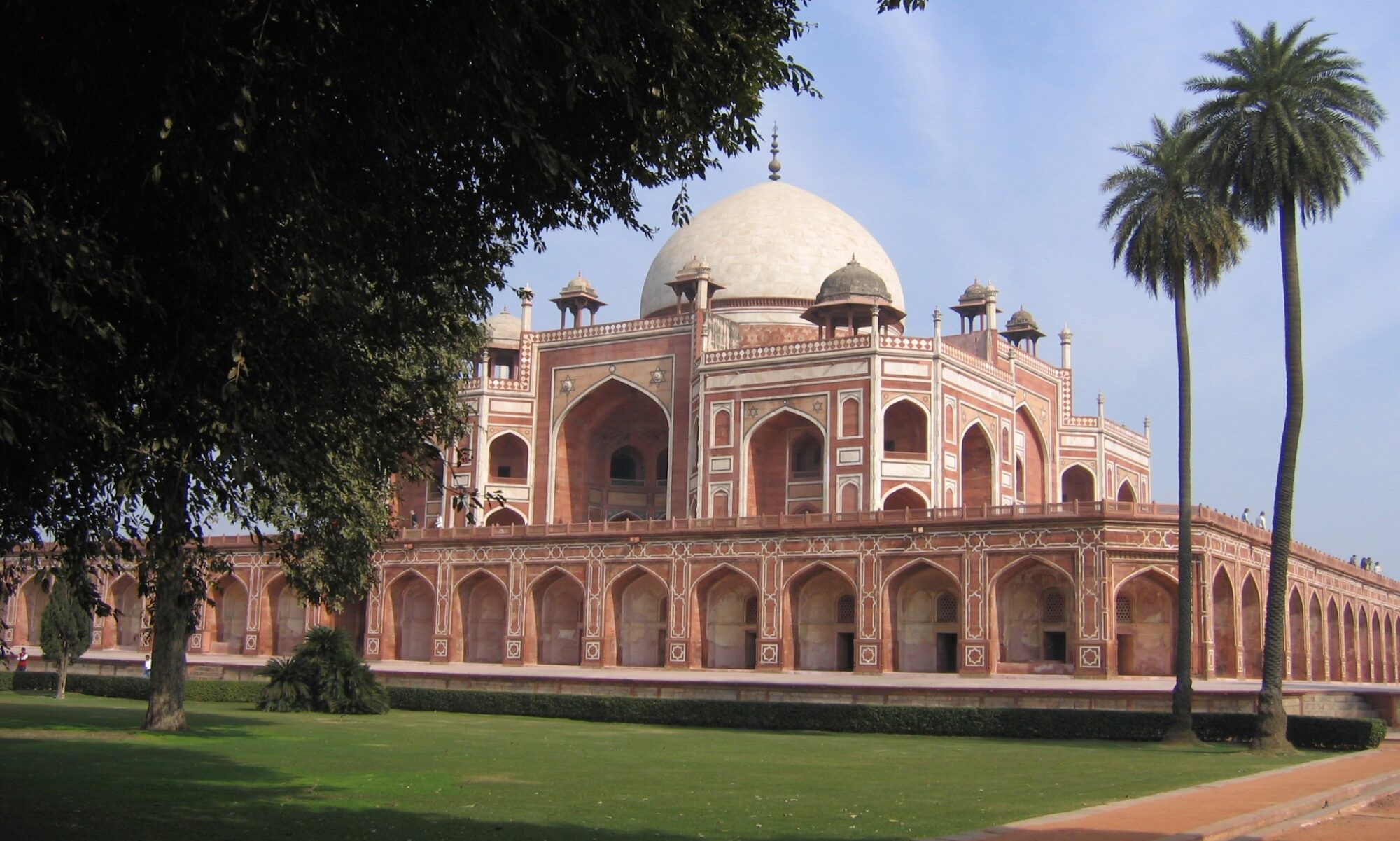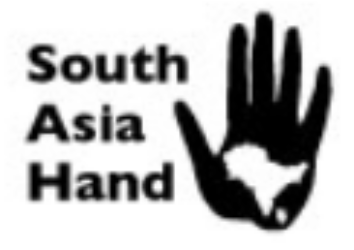
March 8, 2013: Breaking up may not be “hard to do,” as Husain Haqqani has written in the March-April 2013 issue of Foreign Affairs – but his article doesn’t answer the key question about U.S.-Pakistan relations: what will the two countries expect of each other if they step back from their hopes for a close alliance?
We agree with Haqqani’s basic argument that U.S. and Pakistani interests are not well aligned. This has been true since the two countries first entered into a security relationship in the 1950s, but they have rarely acknowledged it.
U.S. officials who deal with Pakistan say that its leaders have now reevaluated their strategic interests and are moving toward goals for the future of Afghanistan that are closer to Washington’s. Such transformations have had short shelf lives in the past. Given Pakistan’s distrust of Afghan leaders who would favor closer ties with New Delhi, it would be astonishing if Pakistan did not put its trust in its old Taliban clients as U.S. troops depart. In other words, to the extent that U.S. policies in Afghanistan assume that Pakistan will be a partner in our transition efforts, Washington is likely to be disappointed – and so is Islamabad, which continues to hope for greater distance between Washington and New Delhi. A new and more modest paradigm is badly needed.
But both countries also need more than greater honesty, which Haqqani cites as the major benefit from “breaking up.” Pakistan continues to need international trade and investment as well as the financial support of institutions that can mobilize real money, and the United States is central to these requirements. The United States continues to be at risk from terrorist networks with roots in Pakistan. A hostile relationship would be an insufficient response to this problem. Both countries could benefit more by cooperating to clip the wings of organizations that threaten the security of both.
In short, even if the old alliance is out of reach, we need to do more than break up: we need to define a new, more modest relationship, preferably one not built on the shifting sands of the Afghan transition.


0our article and Haqqani’s read to me, not as opposing points of view, but as complementary, that can provide new approaches for a more reaist6ic relationship than the one that began in the 1n the 1950’s.
It is sad to see that a man who was awarded with the highest honours by the country, the Pakistan envoy to Washington, making suggestions to US gov’t, the out come of such suggestions may be against the interests of Pakistan. Something of this sort to my likening falls short of the patriotism for the motherland. If I may say, there is no such thing as a friendship between sovereign nations, the relationships are and must be based upon national interests of two nations. Regarding Pakistan, in my opinion some of Govts were lead by self interested people. Does US govt machinery can/will be fool enough to follow his opinion, I do not think so. It is not conceivable to think that the US can abandon Pakistan and forgets the sacrifices/loss of thousands of its solders; for what, dislikes of Pakistan policies. What ever one thinks the relations between two nations must be constructed, this time on much solid grounds to cater for both countries strategic and commercial needs for long time to come. It is not simply Afghanistan; USA can never succeed to control the mineral and petroleum resources of central Asia, without support from Pakistan. And it starts from Afghanistan; this is what’s known the backbone of foreign policy.
Pakistan misfortune, in fact a curse fell on my nation that some of the so called leaders got hold on the controls of the nations destiny, they were practically illiterate, (poorly educated) have no affinity or vision for the country. Therefore, on time they practically surrender the national interests in favour of their own. There are and have been quite a few occasions that incompetent and corrupt politicians sold the country down the stream. I am sure with passage of time Pakistan will overcome its problems and that time is not too far in the future.
History is there to judge, USA love for Pakistan always had short shelf life. At every sensitive and difficult time she let Pakistan down. This was acknowledged by Mrs H. Clinton in her briefings to congress. Time passes away, but history never forgets the people those played in the hands of foreign powers against their national interests. One of the best known proverbs in the memory of Muslims of Indian subcontinent is still very much fresh, although it was nearly 2 centuries ago; Sadiq of Bangal and Jaffar of Dakan (Hyderabad), Nun-e-dain nung-e-wattan. In simple English Jafar and Sadiq are stark naked for religion (faith) and the motherland. I wonder this small message have some food for thoughts for the blackened and closed mind readers. I agree with your suggestions “if the old alliance is out of reach, we need to do more than break up: we need to define a new, more modest relationship, preferably one not built on the shifting sands of the Afghan transition”. If US can construct such a relationship, I am confident it will last for long time and trust will be strentegend.
Howie/Tezi: Although the mil-to-mil relationship used to be the substantial core of the US/Pak relationship, that is no longer the case. My current US military contacts seem to concur that we have to keep the connections for the present in order to get our remaining assets out of Afghanistan. Left unsaid has been the “what after”. The inference I draw is it will be deja all over again: the US military will turn its focuses elsewhere, especially given the “fact” that military budgets will be significantly less.
Wolf,
As long as the US continues to face threats from Islamist elements operating from Afghanistan and Pakistan, there is no way the US can revert to old think and “abandon” Pakistan for other higher priorities.
The reset of future relations Must take that into account, or we will be back where we started before the events of 9/11.